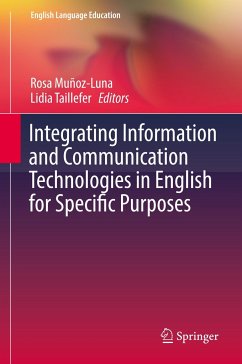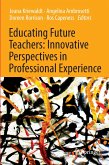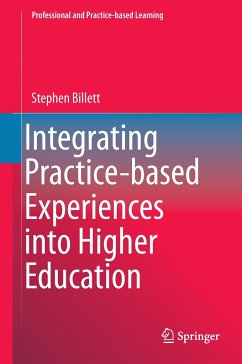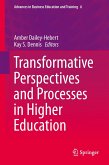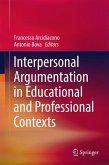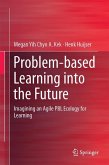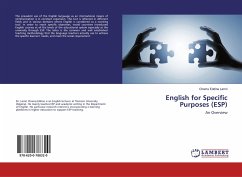This book fills the need for a text that integrates Information and Communication Technologies (ICTs) into English for Specific Purposes (ESP). It offers insights on current methodological principles in ESP in both academic and professional contexts, drawing on authentic teaching and learning situations, and analyses best practice guidelines. Part I begins with ESP pedagogical principles and technological practice in order to focus on its two main branches: English for Academic Purposes, which includes linguistic skills and students' needs, and English for Occupational Purposes, specifically looking at Business, Medical and Translators courses.
This book is a great resource for ESP researchers, educators and students, because it provides case studies of how ICTs can be used in English for multiple purposes. Authors present their experiences of integrating tools into their instructions, with each chapter contributing unique pedagogical implications.
This book is a great resource for ESP researchers, educators and students, because it provides case studies of how ICTs can be used in English for multiple purposes. Authors present their experiences of integrating tools into their instructions, with each chapter contributing unique pedagogical implications.

